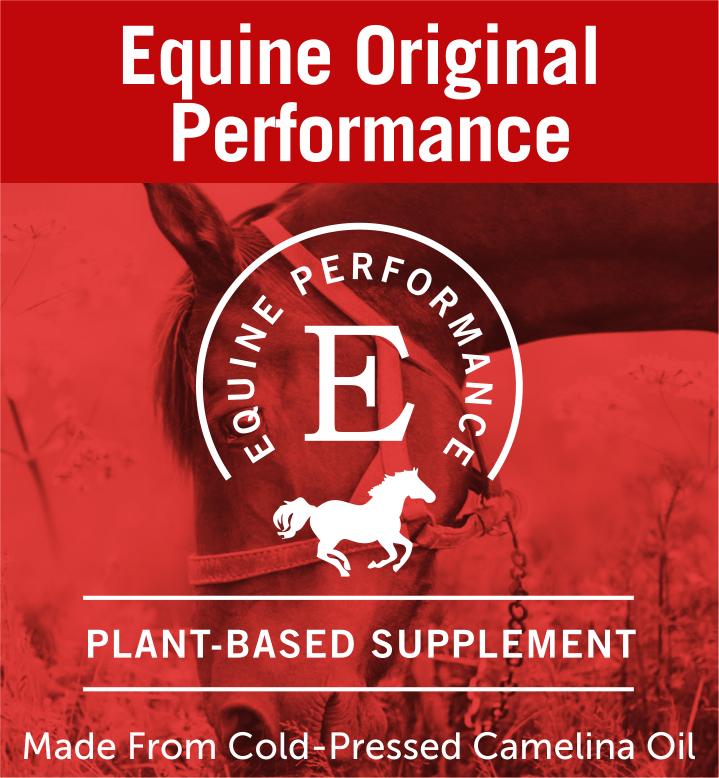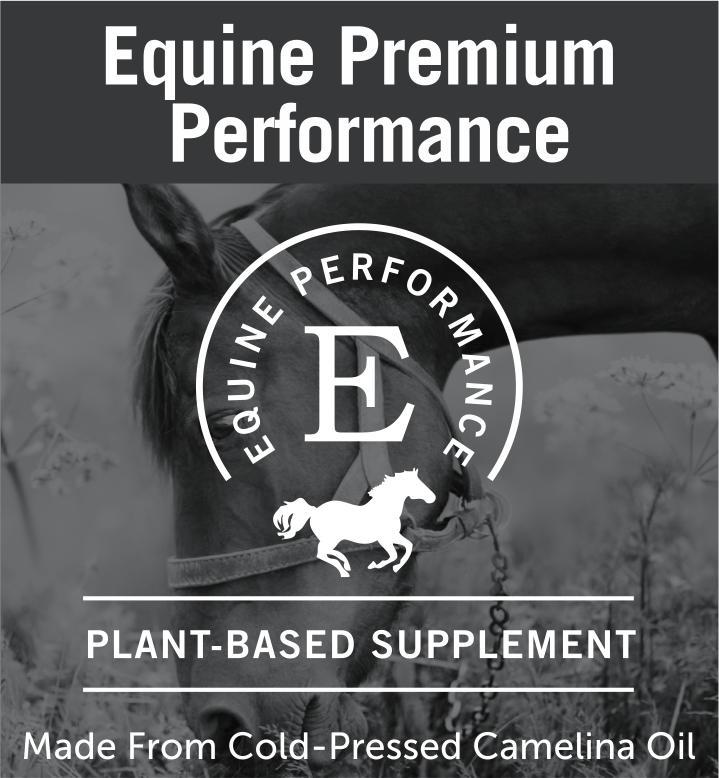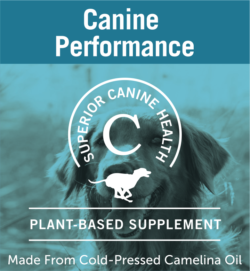If you Google-searched “supplements”, you would get a myriad of supplements not only for yourself but your horses and dogs too. Supplements and nutraceuticals have become a large presence in our modern society. Every supplement has a purpose, but not every supplement is needed. Nor each brand of a specific supplement is the same. So, how do you choose?
Looking at the Diet
First determining your nutrition goals for your dog or horse, whether that is balanced omegas, balanced protein to fat to carbohydrates, increased or decreased fiber, performance enhancement or support, or recovery. From this goal you can start to determine the supplements needed.

What is lacking? What is abundant?
When looking at your horse or dog’s diet, there are few things to look at: protein, fat, omegas, amino acids, minerals, and vitamins. Minimum levels of each are usually guaranteed if it is a formulated or analyzed diet, meaning you buy a bag of a pellet, grain, kibble, etc. If there lacks the necessary information on the bag often Google-search or asking the company can give you the answer you are looking for. As a rule, most commercial diets are lacking in omega 3s and excess of omega 6s for both horses and dogs.
Common findings in horse feeds and hay: high carbohydrate intake can occur with formulated grain diets which can be detrimental to their health and performance, hay’s mineral content is dependent on the region in which it was grown and can have deficient minerals and excess amounts of minerals that can block absorption of other minerals (check out www.equi-analytical.com/common-feed-profiles/ for a breakdown of different grains and hay), protein content can be too high in some formulated grains, fat content often too low in hay and some formulated grains, and probiotics/prebiotics can be lacking in some formulated grains and hay.
Common findings in dog foods: amino acids are needed at higher levels than often found in commercial dog food including raw diets, vitamin E can be absent or very minimal, protein levels can be low and carbohydrate levels high, plant protein to substitute animal meat protein which limits protein potential, and probiotics/prebiotics can be lacking or are not the necessary dog probiotics needed.
Different formulated diet?
So, you find out your current diet is lacking. Finding supplements to add is a good option, but first look to see if there is another diet that can be more balanced to your animal’s needs. Why? Because adding 2 supplements is better than adding 10 supplements… it’s easier on your bank-account and your meal-prep time! Not all diets are created equal and some diets are better than others. Better yet, not all food/supplement companies are created equal either.
Supplement/Company Quality
There are so many companies popping up with the next supplement or repeating current supplements that are popular. Everyone wants a piece of the pie. This does not make your life easier; it makes it confusing and complicated when trying to pick the right supplements. Here are my key things I look for in companies and supplements.
Sourcing
Ingredients are grown, raised, created and purified from all over the world and in many different ways. I always look for wholesome ingredients that have minimal processing. Many supplements for animals are not FDA-approved, meaning quality may not be the highest. I also look for the amount of additives and where each nutrient is coming from. Meat-based proteins have higher amino acid contents than plant-based proteins.
Ingredients may also not be at the needed levels for it to be beneficial, or the ingredients may have lower digestibility due to sourcing or quality issues. Companies that are truly trying to provide the best supplement and are putting your animal first, will be sure to have proper ingredient amounts, proper quality and digestibility. For instance, Glucosamine and Chondroitin have very low digestibility thus levels must be high in the supplement in order to provide ample opportunity for digestibility. But those ingredients are the only ingredients needed to make a joint supplement good (cetyl-myristoleate is one of my favorite joint supplement ingredients).
Also, some dogs or horses may have allergies to a source of ingredient and thus finding out what the source is can greatly reduce the risk of an allergy-flare-up. With any animal diets, there is another take that must be considered when dealing with ingredients. For instance, many ingredients such as collagen or chondroitin can be sourced from cattle and pig or amino acids coming from whey. Amino acid supplements that have strictly the amino acids without additives is what I look for. Also looking at the serving size for you animal is key. Often less pure or more additives will have larger serving sizes to get the nutrition you are looking for. I find large serving sizes difficult to mix into the feed and for those picky horses or dogs, it can be overpowering to the food they love.
So there is more to ingredients and sourcing now-a-days. With the amount that we use our earth to provide, companies must have good practices and ethics to allow for sustainability.
Sustainability
Sustainability is necessary in our modern world. Sustainability is often pushed to the wayside in order to allow for increased profits. I strongly seek companies that have a hand in sustainability practices directly or support farmers and manufacturers that practice sustainability.
In Closing
There are so many factors that can be used to determine which supplement to use, more than can be written here. With the increased numbers of supplements on the market, taking the time to find the necessary supplements for your dog or horse, and then choosing a company that has proper sourcing, quality, and sustainability can help you provide the health, performance, and well-being you seek. As owners, all we must do is do our best to seek out the information in order to pick the best supplements. I’m sure our animals will appreciate the added dedication we have to their health and well-being.
Dr. Athena Kepler, DVM CCAS
Integrative K9 Sport Veterinarian




